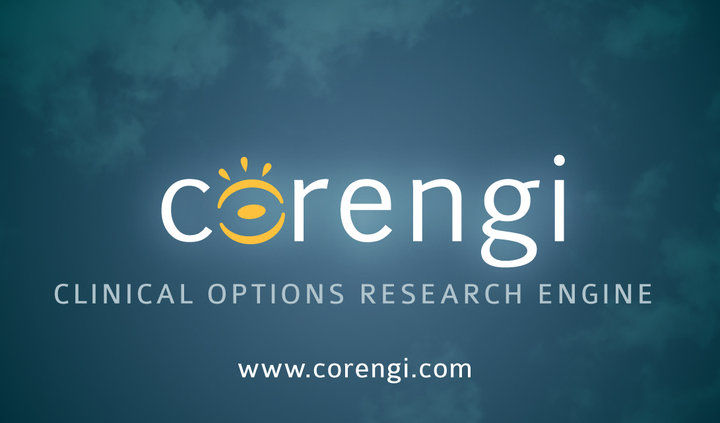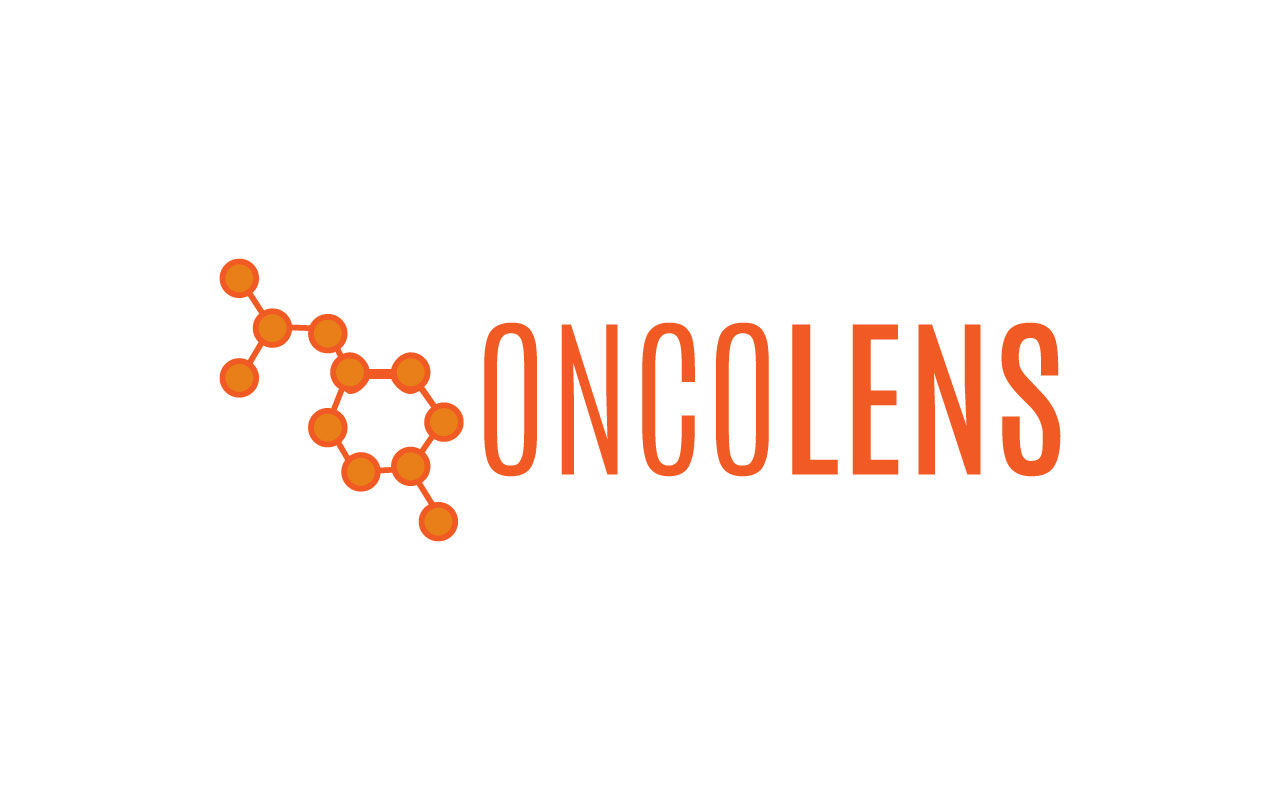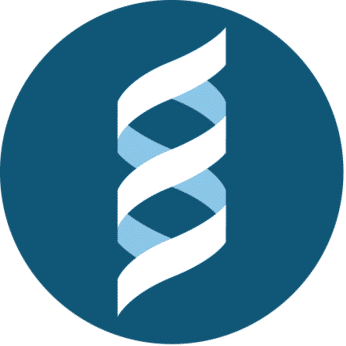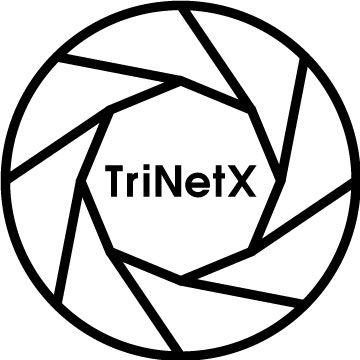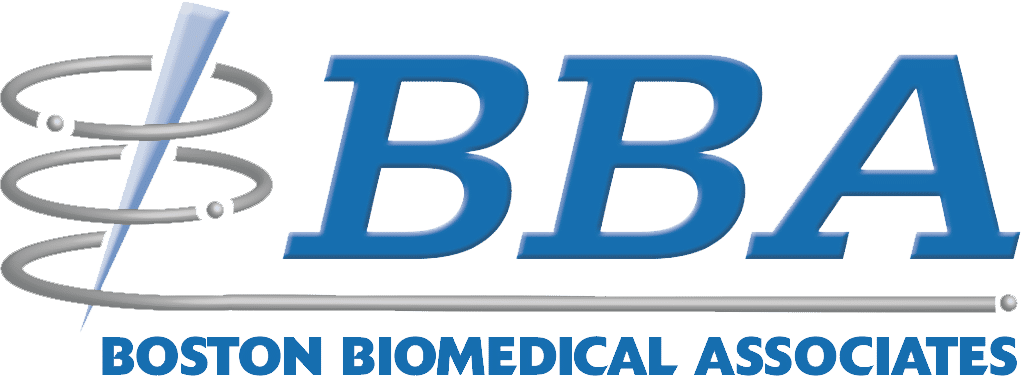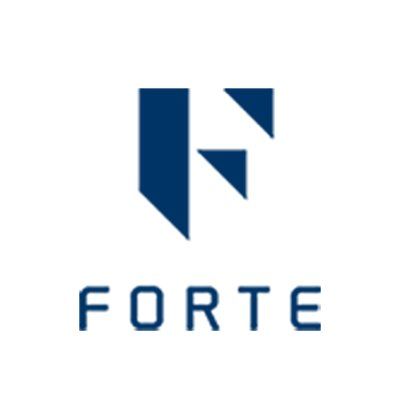IDNs and oncology care centers use OncoLens to:
- Effectively and accurately manage and coordinate care across healthcare practitioners and facilities to capture the full medical history of patients including data that may be outside the IDN
- Centralize physician alignment, education, and treatment therapy awareness
- Coordinate and improve best practices across hospitals, and other facilities, including the dissemination of care pathways
- Patient identification for clinical trials and other key services from across the network
- Obtain patient data and informatics in areas ranging from patient leakage and case loss to referral patterns in geographical regions and patient populations
MULTIDISCIPLINARY CARE FOUNDATION
OncoLens Conference
Healthcare practitioners and facilities that are a part of an IDN need to manage and coordinate patients care effectively and accurately.
- Captures the full medical history of the patients
- Automatically identifies best practice protocols for the patient under discussion—including evidence-based guidelines, clinical trials, customized pathways, and latest research—and delivers these insights directly within the workflow
- Eliminates the back and forth required with pathology and radiology by automating the data collection workflow
- Streamlines administrative tasks, automatically marking and generating attendance reports required for accreditation
- Prompts the team to consider the various quality metrics important to the condition being discussed
- Supports the development and dissemination of disease specific care pathways and protocols across the network
OncoLens Collaborate
Enables asynchronous submission and case review and supports sharing of multiple modalities, including PACS studies, pathology images, and test results.
Secure, real-time patient case collaboration, inside and outside of your Oncology program, builds relationships that can:
- Centralize control of physician and patient data
- Improve physician engagement and alignment
- Double guideline adherence
- Increase clinical trial participation
INTEROPERABILITY
OncoLens Integrate
The Integrate module delivers EMR and Cancer Registry integration.
This unprecedented combination of clinical and cancer conference data supports ease of accreditation reporting for Commission on Cancer (CoC), National Accreditation Program for Breast Centers (NAPBC), National Accreditation Program for Rectal Cancer (NAPRC).
With EMR integration, cancer care teams have an all-inclusive view of a patient including clinical, lab, genomic and imaging information to support clinical decisions.
OncoLens Secure SSO
OncoLens Secure SSO enables single sign on (SSO) capabilities through your active directory. SSO authentication is a clear win for clinicians.
Not only does it enhance security, it:
- Facilitates technology adoption across clinicians
- Streamlines the workflow
- Supports and ensures compliance
- Amplifies automation across systems
- Helps improve clinicians’ perceptions of technology deployments and IT
OncoLens Image Share
One of the biggest barriers to multidisciplinary treatment planning is the ability to securely share radiology studies with peers and care team members. For cancer programs that require enhanced capabilities to upload, share, store, and comment on digital images, we offer OncoLens Image Share.
This module enables DICOM image imports from local drives, PACS, CDs, or through a direct gateway. Images are viewed through our web-based 510(k) FDA class II diagnostic viewer, which is fully integrated into the OncoLens Platform.
INFORMATICS AND ACCREDITATIONS
OncoLens Analyze and Patient Finder
OncoLens Analyze and Patient Finder solutions help cancer programs find a shorter and more rapid path to accreditation, clinical trial matching and quality improvement.
Our accreditation solutions include standardized, automated, and downloadable reports for CoC, NAPBC and NAPRC accreditation.
This module gives you the visibility into key hidden metrics within your clinical data. Data that can be powerful when aggregated to provide insights. These include assessments of factors such as:
- Time from diagnosis to case review
- Percentage of patients with biomarker testing and results at the time of initial treatment planning
- Number of patients referred to clinical trials
- Time from case review and treatment planning to treatment initiation
- Number of multidisciplinary team discussions during treatment
- Number of patients referred to key services like CAR-T and specialty therapies
OncoLens Molecular
Easily engage molecular pathologists, specialists, and external experts to guide and inform precision medicine discussions. Genomic data from NGS (next generation sequencing) reports can often be hard to interpret and visualize clearly. OncoLens Molecular assists in the clearer visualization and assessment of genomic data, alongside the patient’s clinical data and studies.
With OncoLens Molecular, care teams can:
- View integrated NGS test results in structured fields
- Harness the power of their prior treatment plans and discussions to guide future decisions
- Easily engage molecular pathologists and external experts to guide case discussions
- View best practices and links to actionable therapies narrowed down by alteration/variant type
- View clinical trial matches from OncoLens’ AI driven clinical trial matching engine or those suggested by NGS partners
